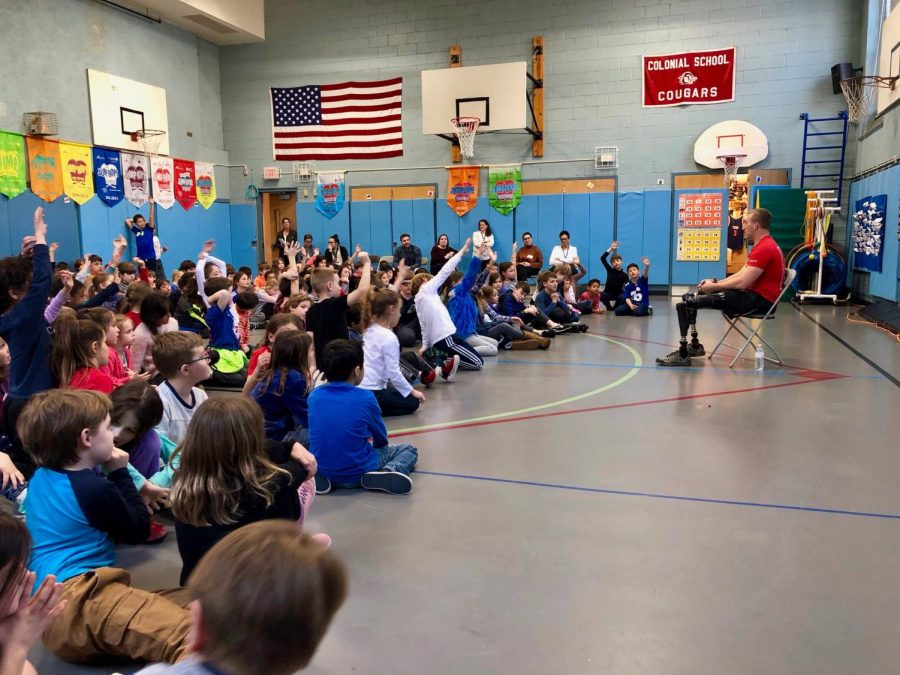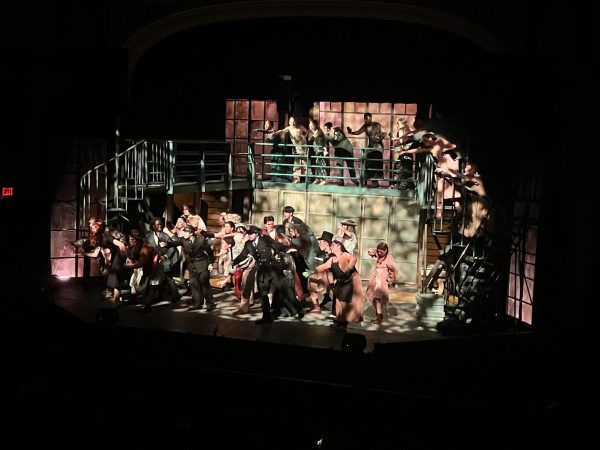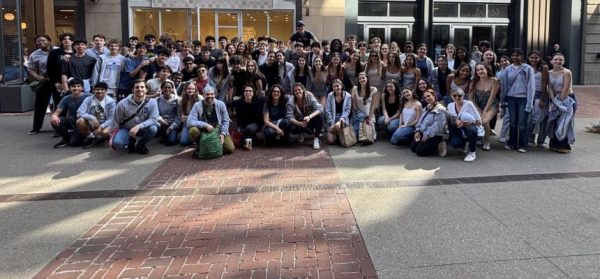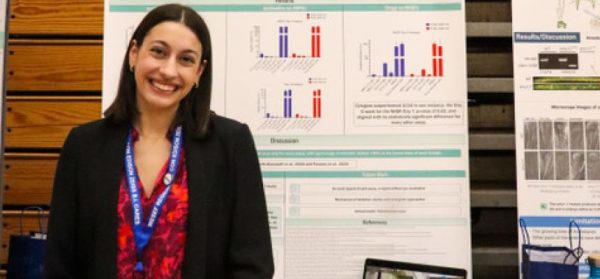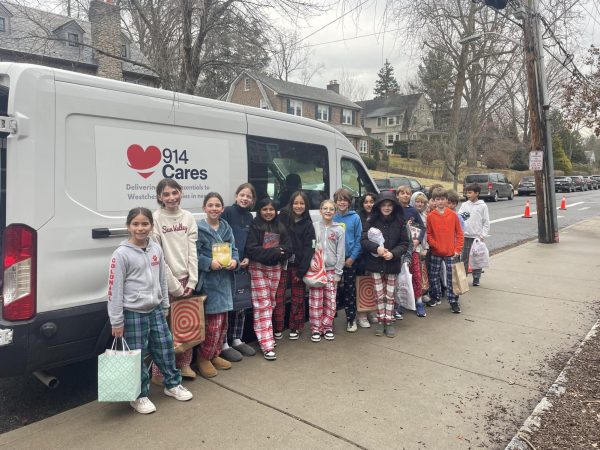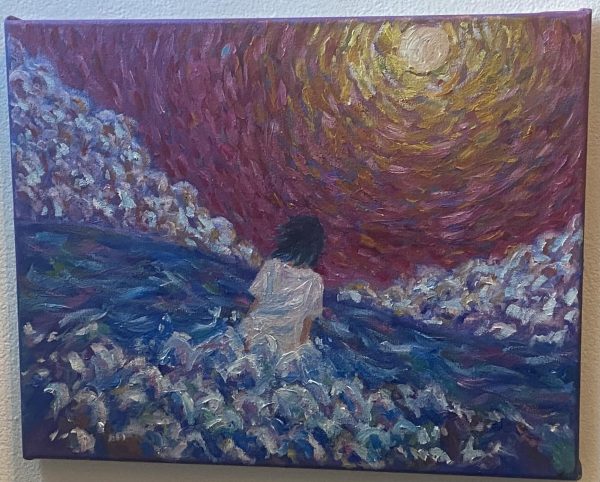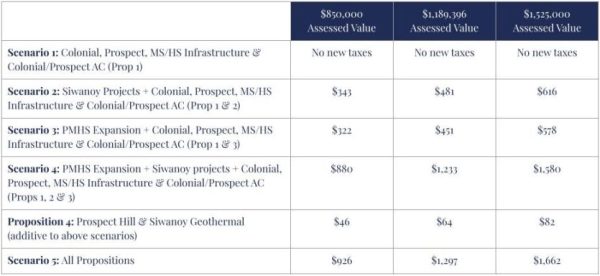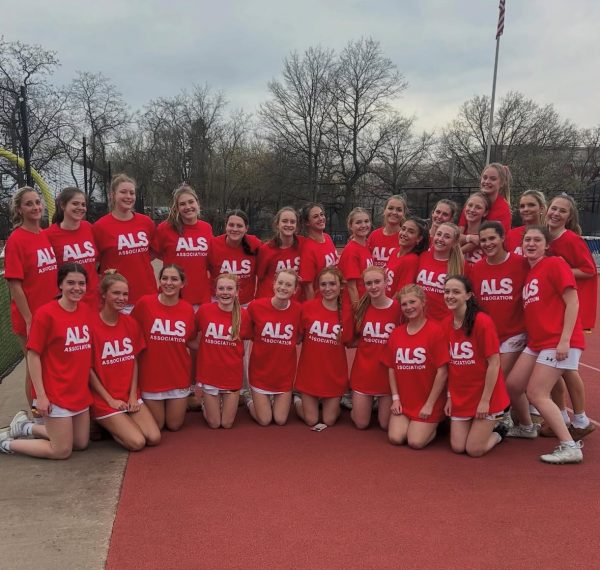Building Bridges teaches Colonial students about disabilities and empathy
Rob Jones, member of the Paralympic rowing team in the 2012 London Paralympics, spoke in the Colonial gym.
The Building Bridges program came to Colonial School to teach students in Kindergarten through fifth grade to recognize and understand people with disabilities.
“The hope is that by learning and understanding what it’s like to have a different ability, the children who took part in Building Bridges will become more compassionate and empathetic individuals,” said Lisa Horten, Building Bridges volunteer.
According to the Building Bridges flyer, each grade learned about a different disability, such as blindness/vision impaired, hearing impaired, physical disabilities and learning differences. There were three sessions: a class, a workshop and an assembly.
“The opportunity to educate our kids at an early age both benefits the disability community and develops more inclusive, empathetic children,” said Ashley Matts, director of Building Bridges. “I’m honored to bring this program to Colonial Elementary School and introduce it to the larger Pelham School District.”
At the end of the program, for the last session of Building Bridges, Rob Jones came in to talk about his disability. Jones, who had two over-the-knee amputations, was on the Paralympic rowing team in the 2012 London Paralympics. He also rode his bike from Maine to California in less than six months.
People came to Colonial School with other disabilities.
“We heard from a successful business woman with down syndrome (and) a visually-impaired member of the county executive’s staff and her guide dog,” said Horten
“Each grade—K-5—got to take part in a workshop, led by parent volunteers, on a specific ‘different ability,'” she said. “After an introduction—and for some grades, a short video—students got to take part in a series of hands-on activities to help them understand the different ways that people experience life. For instance, the first graders learned about what it’s like to be visually-impaired or blind. Their activities included putting on blindfolds and doing a ‘trust walk’ with a partner and using their senses of smell, touch and hearing to identify a series of everyday objects.”
The Pelham Education Foundation funded the program.



